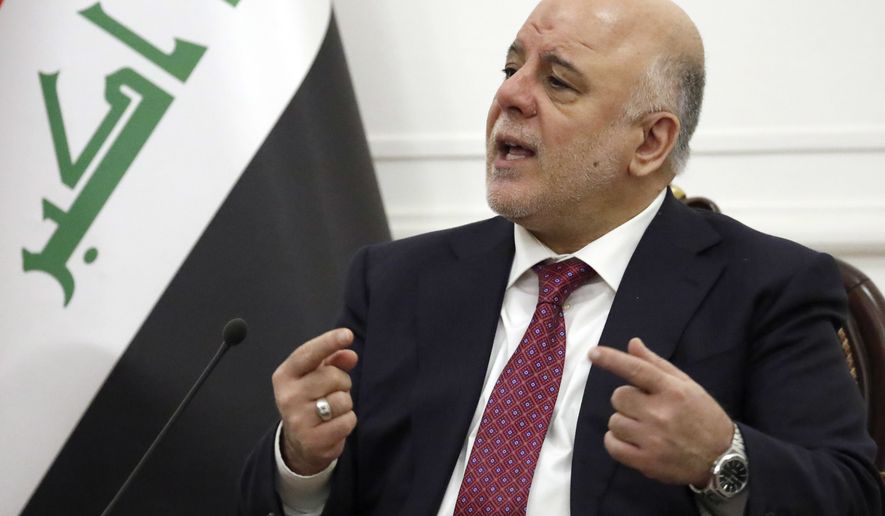Iraq’s leading bankers say the country’s oil-rich but war-ravaged economy has stabilized enough to allow a return to the world’s capital markets for the first time in a decade with a successful new bond sale.
Iraqi Private Banks League Executive Director Ali Tariq said in an interview that the main challenges are to get the word out internationally on the national economy’s rebound, but also to convince average Iraqis to have more faith in their own economy — especially its growing private bank sector.
“Iraqi private banks have successfully navigated the post-conflict environment,” Mr. Tariq said on a Washington visit for the IMF annual meeting as well as to make investor presentations. “But we have so much more to achieve, especially getting Iraqis to pull their cash out from under their beds and put it into the banks.”
While the clash over the Kurdish region’s independence referendum has ruffled feathers in Baghdad, Mr. Tariq said regional investors view the crisis as much more manageable than the deadly struggle with Islamic State, which has waned dramatically this year.
Inflation is also stable, holding at 1 percent this year despite the stimulus provided by increasing oil exports. With the world’s fifth-largest oil reserves and oil exports that constitute 34 percent of the GDP, Iraq is the Middle East’s fifth-largest economy, with the fourth-highest per capita GDP at $17,354.
As a sign of brightening investor opinion, Fitch Ratings recently upgraded Iraq’s economic outlook from negative to stable, thus laying the groundwork for August’s bond sale. Managed by Citigroup Inc., Deutsche Bank AG and JPMorgan Chase & Co., the sale saw international investors seeking emerging-country debt quickly snap up $1 billion in standalone bonds.
Last summer IMF officials agreed to continue Iraq’s bailout program and promised to release an additional $800 million once Baghdad completed a further review of public financial management procedures.
“They had a very positive view of the Iraqi economy,” Mr. Tariq said, adding that the picture has also improved for Iraqi’s private banks.
Last year the number of state, private and foreign banks across Iraq jumped to 72 from 54 in 2012, with the Iraqi Private Banks League finding its membership ranks swelling as well.
Still, the two main state-owned institutions, Rasheed Bank and Rafidain Bank, which the Central Bank of Iraq supervises, manage much of the $51 billion in total deposits — a figure that has jumped 154 percent from 2012, when deposits were just $20 billion.
Recent years have witnessed major modernizations, Mr. Tariq said, with more than 60 Iraqi bankers recently trained by the Association of Certified Anti-Money Laundering Specialists on combating money laundering, terrorism financing, compliance and risk management.
As security improves, Iraq banks seek a rebound
• Dan Boylan can be reached at dboylan@washingtontimes.com.




Please read our comment policy before commenting.